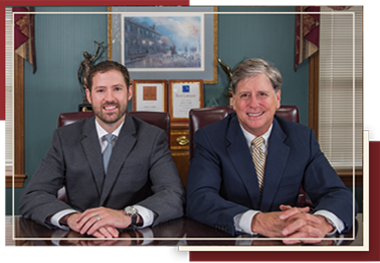Imagine you have just been hit by a drunk driver. As a Virginian, what do you do?
In most cases, seeking immediate medical attention and cooperating with police are a drunk driving accident victim’s first priorities. However, after one’s emergency medical needs have been met, there can be confusion regarding how to hold a drunk driver accountable.
Both the criminal and the civil court system can hold a drunk driver accountable for their actions. There are significant differences between the two systems, though, and an accident victim can learn more from a Manassas personal injury attorney.
In the criminal system, the accident victim, or his or her family, typically hopes for justice. A negligent, law-breaking driver may be punished via jail time, fines, a driver’s license suspension or a license revocation. That individual will also have a criminal record, if convicted of a crime.
In the civil court system, a broad variety of conflicts are heard, from class-action product liability lawsuits to divorce cases. Personal injury and wrongful death lawsuits are also heard in civil court, which is why drunk driving accidents may appear in either type of court.
Drunk driving is illegal. Thus, intoxicated drivers generally face criminal charges. However, if an injured victim decides to sue the drunk driver, the same incident will also have its day in civil court. Unlike the criminal system, the civil system does not bring about justice, rather the victim’s being made whole again via compensation for damages.
A key difference between the two court systems is who brings charges. In the criminal system, the government brings charges because a defendant has allegedly broken the law. In the civil system, the victim is the plaintiff and decides whether or not to bring charges. Accident victims who wish to bring charges against a negligent driver can obtain guidance from a local personal injury firm.
Source: AmericanBar.org, “How courts work,” accessed on April 10, 2015


